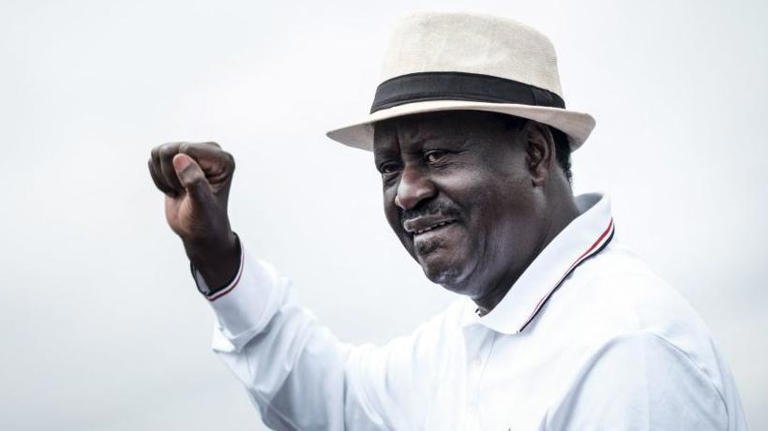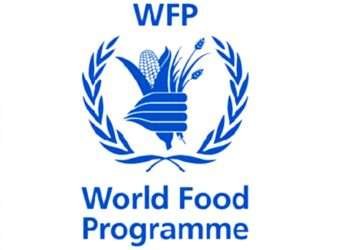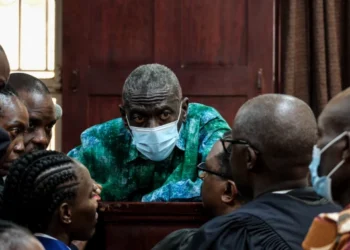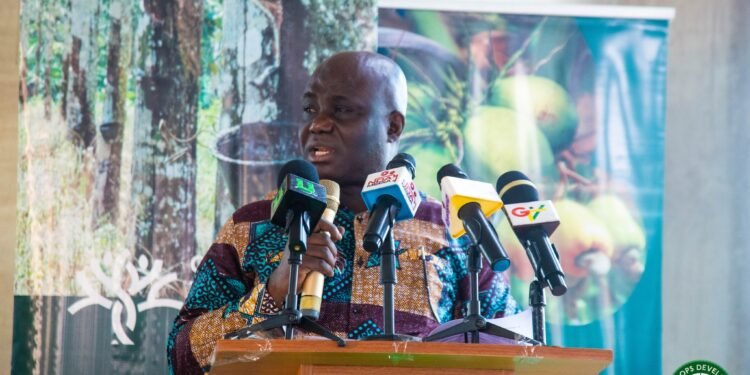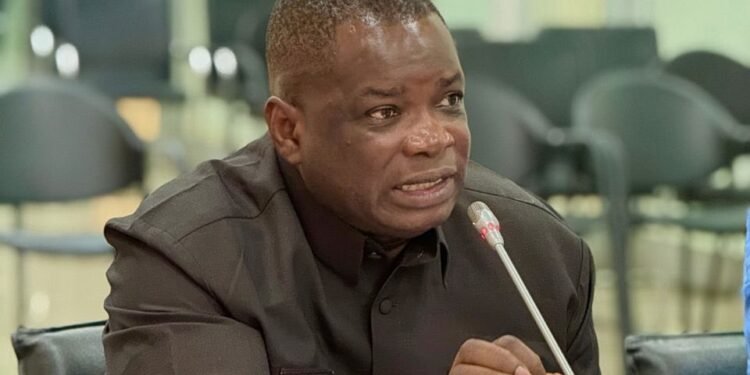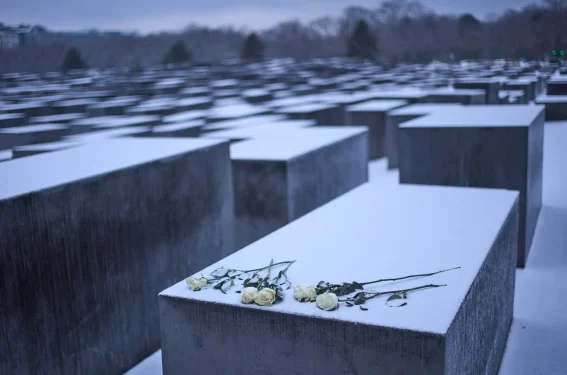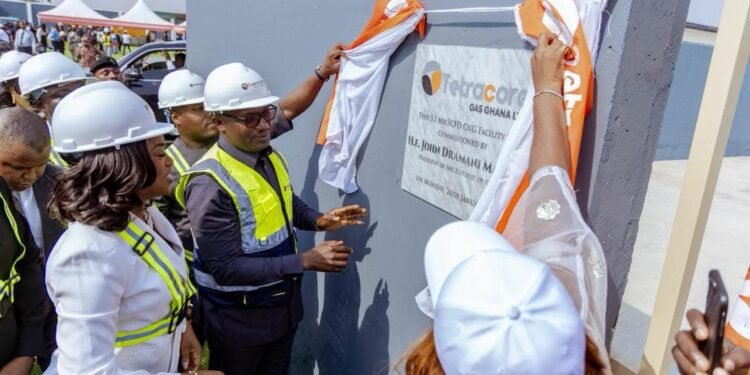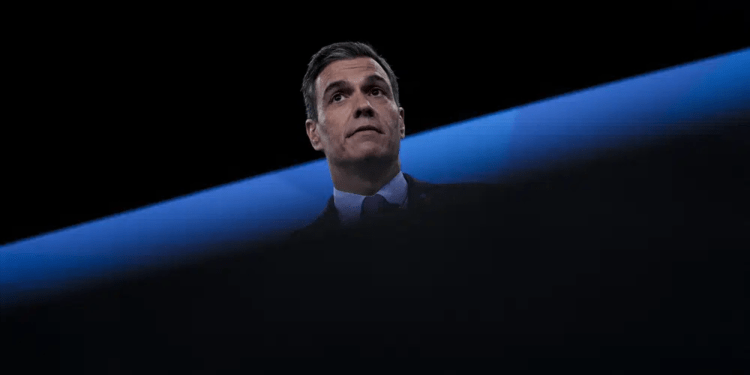Kenyan opposition leader, Raila Odinga, a key figure in African politics, has died at the age of 80 during a trip to India for medical treatment.
According to the Devamatha Hospital in the southern Indian state of Kerala had suffered a heart attack.
Odinga, a former Prime Minister, who as opposition leader had waged five unsuccessful presidential campaigns between 1997 and 2022, was a dominant force in Kenyan politics, and his death will leave a significant leadership vacuum within the country’s political opposition ahead of elections in 2027.

As news of the death broke in Kenya, President William Ruto visited the Odinga family home in Nairobi’s wealthy Karen suburb.
In a solemn address, Ruto officially confirmed the Odinga’s death, describing it as a profound loss to Kenya, Africa, and the world.
“It is with profound sorrow and the deepest sense of loss that I discharge my solemn duty to notify Kenya, Africa, and the world of the passing of The Right Honourable Raila Amolo Odinga, EGH, the former Prime Minister of the Republic of Kenya.”
William Ruto
To facilitate the repatriation of Raila’s remains, Ruto announced the immediate dispatch of a high-level delegation to India.
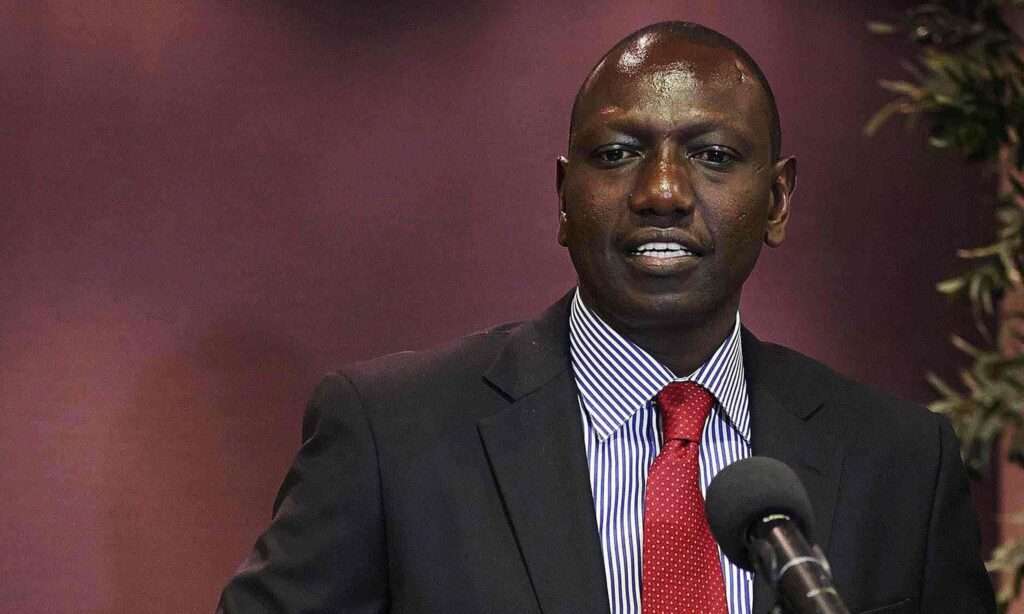
The team will be led by Prime Cabinet Secretary Musalia Mudavadi and includes Cabinet Secretaries Kipchumba Murkomen and Hassan Joho, National Assembly Majority Leader Kimani Ichung’wah, and Minority Leader Junet Mohamed.
Others include members of the Raila family, namely, Jaoko Oburu Odinga, Kevin Opiyo Odinga, and Mama Ida Odinga. The repatriation process will be coordinated by the Indian Prime Minister, Narendra Modi.
To honour Raila’s legacy, Ruto declared seven days of national mourning and ordered flags to be flown at half-mast.
He also announced that Raila will be accorded a state funeral with full military honours and all accompanying state protocols.
A member of the Luo tribe, Odinga spent most of his adult life in politics. Odinga’s political activism would see him spend years in jail or in exile. He was first imprisoned in 1982 after a coup attempt against then-President Daniel arap Moi, whose government jailed, tortured and murdered opponents.
After his release, Odinga first entered parliament in 1992, and ran unsuccessful presidential campaigns in 1997, 2007, 2013, 2017 and 2022.
He claimed to have been cheated of victory in the last four elections, and led protests after the disputed 2007 election that led to Kenya’s most serious bout of political violence since independence.
Odinga’s pro-democracy activism over the years helped drive two of the country’s most significant political reforms: multiparty democracy in 1991 and a new constitution in 2010.
Throughout his political career, Odinga commanded strong support from his base, many of whom called him “Baba,” or “father” in Swahili.
That support endured even when he was accused of exploiting ethnic divisions for political benefit, or striking deals with his political foes – a practice that earned him the nickname “Agwambo”, or “mysterious one”, in the Luo language.
In March, he signed a pact with Ruto that saw his opposition Azimio la Umoja party involved in critical policymaking and its members appointed to the cabinet.
Tributes Pour In For Raila Odinga

Kenya’s former Chief Justice and presidential hopeful, David Maraga, said he was “shocked” by news of Odinga’s death.
Maraga wrote on X that Odinga was “a patriot, a pan-Africanist, a democrat and a leader who made significant contributions to democracy in Kenya and in Africa.”
“Kenya has lost one of its most formidable leaders who shaped the trajectory of our beloved country. Africa has lost a leading voice in pushing for peace, security and development. The world has lost a great leader.”
David Maraga
Ethiopian Prime Minister, Abiy Ahmed posted on X, “On behalf of the Government of Ethiopia, I extend my sincere condolences on the passing of former Kenyan Prime Minister Raila Odinga. May he Rest In Peace.”
Mahmoud Ali Youssouf, Chairperson of the African Union Commission asserted that Raila Odinga was a towering figure in Kenya’s political life and a steadfast champion of democracy, good governance, and people-centered development.
His decades-long commitment to justice, pluralism, and democratic reform left an indelible mark not only on Kenya but across the African continent. He inspired generations of leaders, including myself, and citizens alike through his courage, resilience, and unwavering belief in the power of dialogue and democratic institutions.”
READ ALSO: Ghana Must Recover What Was Lost – Kay Codjoe Demands Decisive Action in NSS Ghost Scandal

